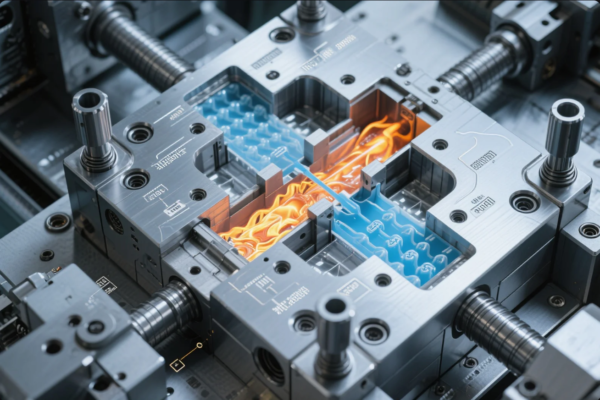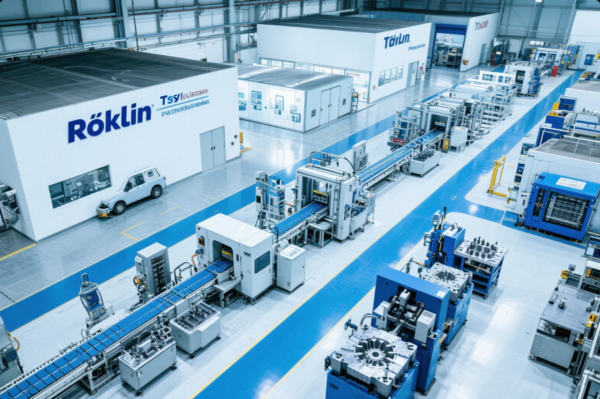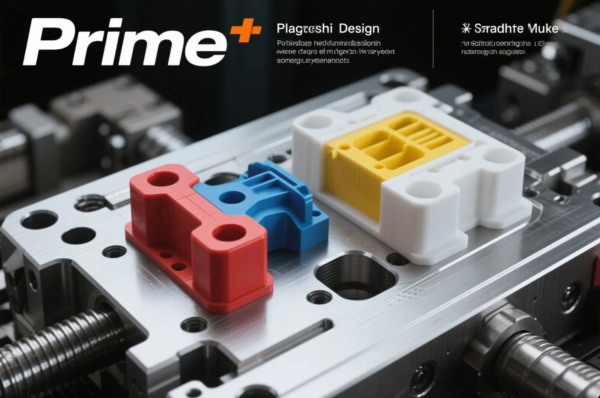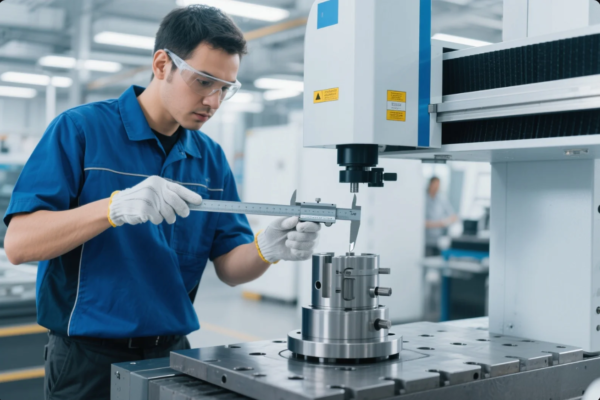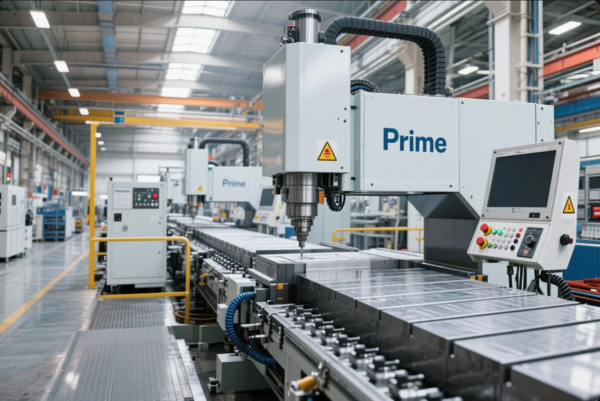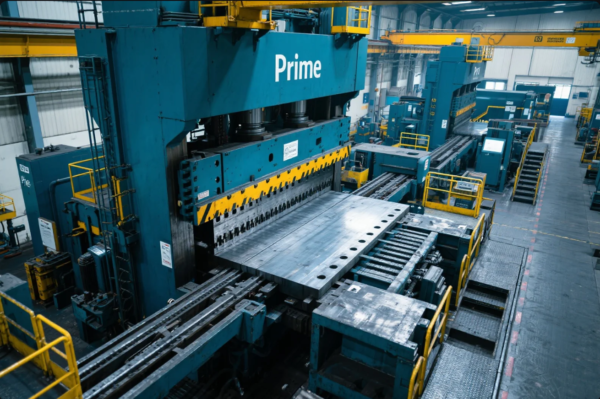What is a blacksmith hammer called?
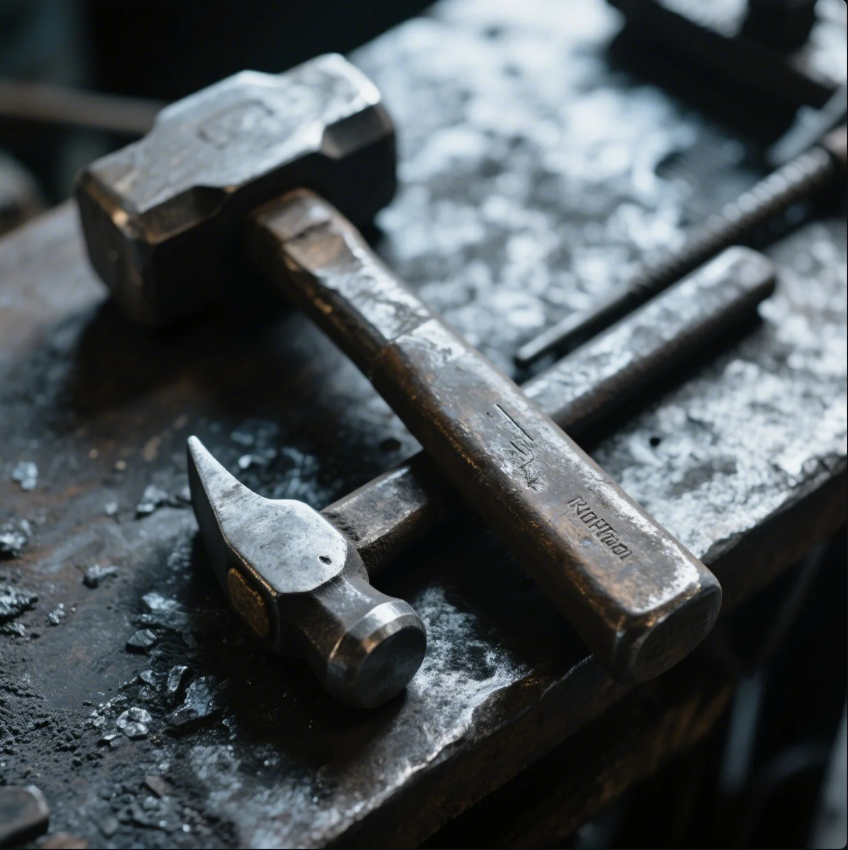
Many new blacksmiths struggle to identify the right hammer type for forging efficiently and safely.
The main hammer used by blacksmiths is called a cross peen hammer, ideal for shaping hot metal.
There are several types, each with unique purposes—knowing which to use saves time and boosts precision.
LOOP_START
What kind of hammer do blacksmiths use?
People often think any heavy hammer works—but the wrong tool can ruin the job and hurt your arm.
Blacksmiths commonly use cross peen, rounding, straight peen, and sledgehammers depending on the task.
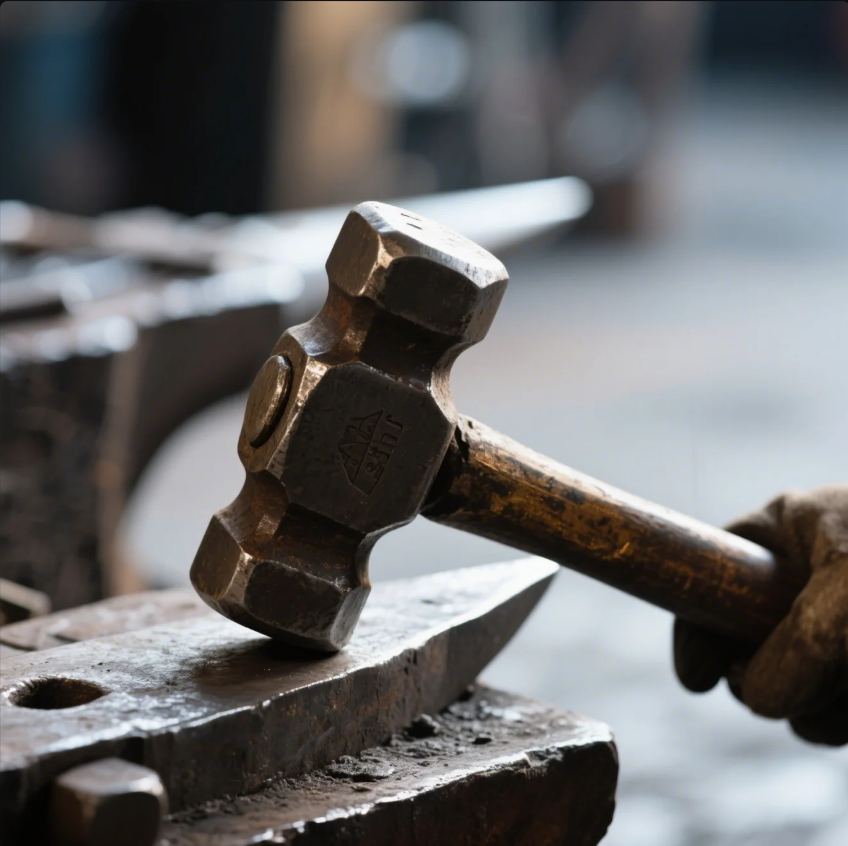
Matching Hammer to Purpose
In my early days working with custom stamping parts suppliers, I learned that using the right hammer made all the difference. Each has a distinct effect on metal:
Types of Blacksmith Hammers
| Hammer Type | Shape/Feature | Best Use |
|---|---|---|
| Cross Peen | Horizontal edge opposite face | Drawing out hot metal |
| Rounding Hammer | Rounded and flat face | General shaping, spreading material |
| Straight Peen | Vertical edge | Narrow groove forming |
| Sledgehammer | Heavy, large face | Heavy forging, team striking |
Using the right hammer is especially vital when making CNC parts with precision machining, where early forging shapes determine final tolerances.
LOOP_END
LOOP_START
What do blacksmiths use to cool metal?
Some people assume cold water is always used—but that’s not always true or safe.
Blacksmiths typically use water or oil quenching depending on the metal type and desired hardness.
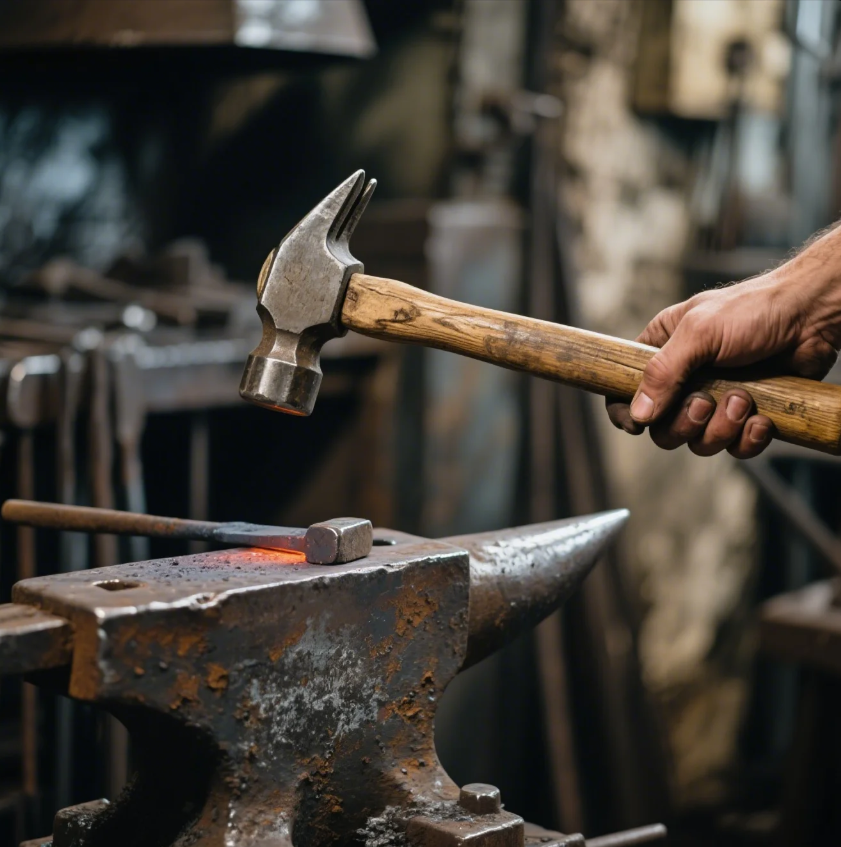
Cooling: It’s About Control, Not Just Speed
When we test ISO-certified forged components, we often quench in oil to reduce cracking. Cooling is not just about ending the process—it’s part of the metallurgy.
Cooling Methods Compared
| Method | Cooling Medium | Best For | Caution |
|---|---|---|---|
| Water | Cold water | Mild steels, fast quenching | Can crack high-carbon steel |
| Oil | Quenching oil | High-carbon, alloy steels | Fire hazard if overheated |
| Air | Ambient air | Air-hardened tool steels | Slowest, less shock |
I once ruined a batch of forged brackets because I quenched tool steel in water. Since then, Prime always ensures proper cooling practices for custom forged hardware, tailored to the client's use.
LOOP_END
LOOP_START
How heavy should a blacksmith hammer be?
Most people go too heavy or too light, not realizing the weight affects precision, speed, and comfort.
The typical blacksmith hammer weighs 2 to 3 pounds, balancing force with control.
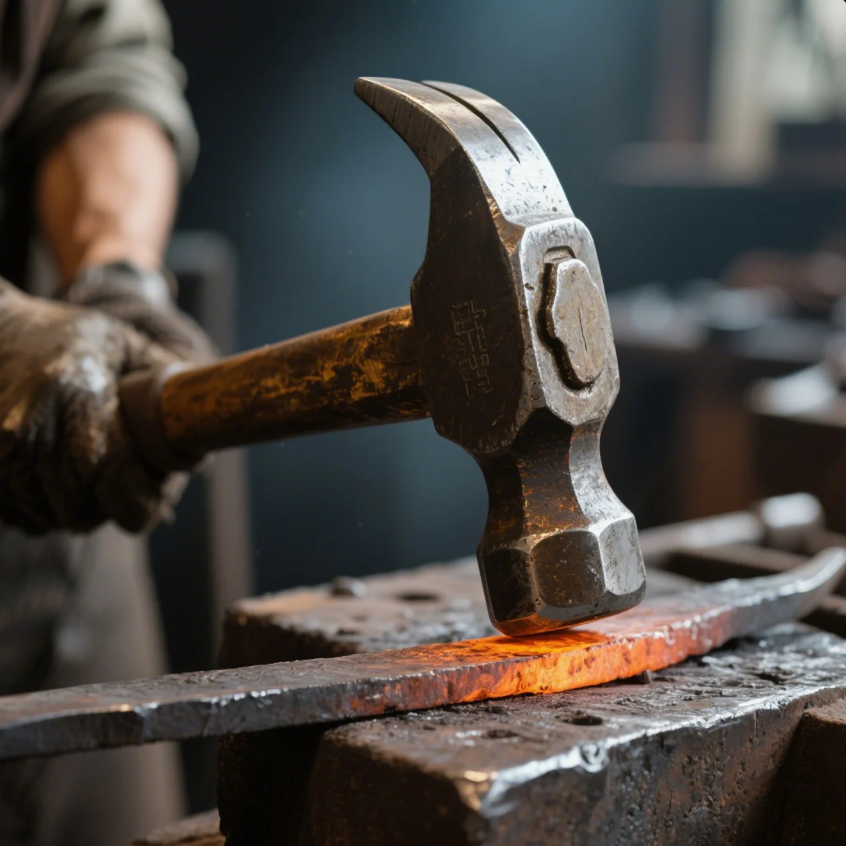
Don’t Let the Hammer Weigh You Down
I used to think I needed a 5-pound hammer for stronger hits. But that quickly led to fatigue and sloppy work. For most metal work, especially in custom CNC parts machining, accuracy matters more than force.
Recommended Weights by Task
| Task Type | Suggested Hammer Weight |
|---|---|
| Light detailing | 1–2 lbs |
| General forging | 2–3 lbs |
| Heavy striking | 4–6 lbs or more |
That’s why Prime recommends proper tooling in every quote. When we send custom stamping or forging parts, we help clients plan the workflow—including hammer selection for manual stages.
LOOP_END
LOOP_START
What is an engineer's hammer made of?
Many confuse an engineer’s hammer with a common sledge—it’s more specialized and durable.
An engineer’s hammer typically has a forged steel head with a wooden, fiberglass, or steel-reinforced handle.
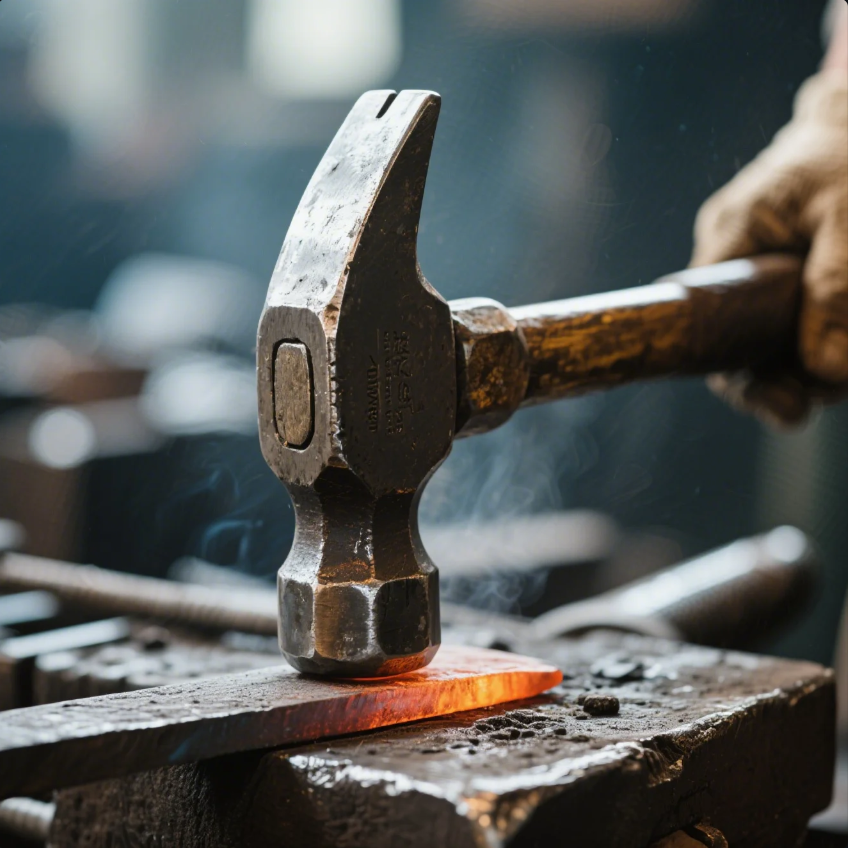
Built for Strength and Precision
In our experience sourcing custom forged mechanical parts, we often specify engineer’s hammers for controlled heavy strikes. These hammers are tough, durable, and designed for precision—not brute force alone.
Material Breakdown
| Part | Common Materials | Reason |
|---|---|---|
| Head | Drop-forged steel | High strength, wear resistance |
| Handle | Hickory wood, fiberglass, steel | Shock absorption and durability |
| Coating | Anti-rust paint or powder coat | Corrosion resistance |
Engineer’s hammers are popular in maintenance and repair teams using our ISO-certified CNC components, especially where strength and impact reliability matter.
LOOP_END
Conclusion
The right hammer type and weight ensure safe, accurate, and efficient forging every time.
Looking for reliable blacksmithing tools or precision-forged industrial components? Let Prime help you choose the right equipment. Contact us today for a fast quote, expert support, and ISO-certified quality. We deliver globally—on time, every time.

